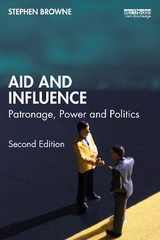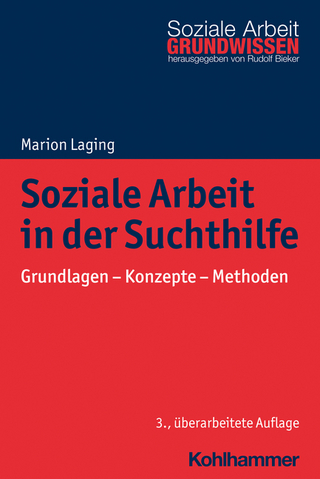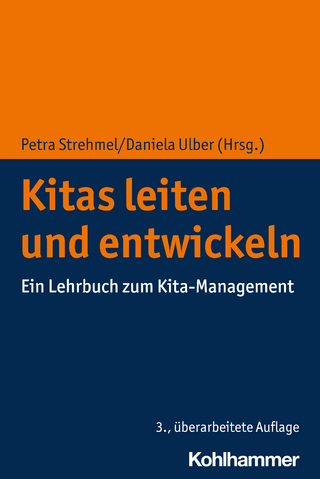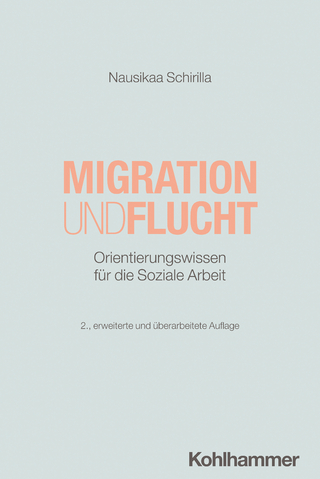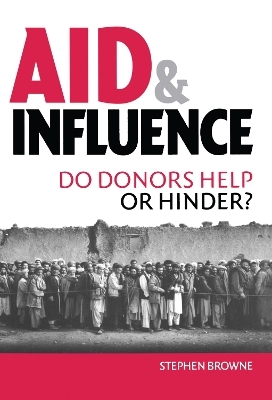
Aid and Influence
Do Donors Help or Hinder?
Seiten
2006
Earthscan Ltd (Verlag)
978-1-84407-202-6 (ISBN)
Earthscan Ltd (Verlag)
978-1-84407-202-6 (ISBN)
- Titel erscheint in neuer Auflage
- Artikel merken
Zu diesem Artikel existiert eine Nachauflage
Offering a critique of the Western development assistance paradigm, this book argues that the debate on development effectiveness is missing the point if it fails to acknowledge that most bilateral aid is driven more by self-interest than altruism.
Aid is always a means of influence: political, commercial, military and security-related. Some influence is benign, but much of it is coercive, even 'imperialistic'. Given the nature of aid, its effectiveness should be judged not only in developmental terms, but in terms of international relations. Even donors agree that, on both counts, the returns are meagre.
This book, drawing on the author's 30 years of field experience, proposes two kinds of solution: donors should climb down from paternalistic central planning practices and support public goods that are neutral and beneficial � cancellation of debt, fair trade, responsible economic governance, vaccine production, peace-making and peace-keeping. For their part, developing countries should follow the example of the most successful among them: recognize the true costs of 'free' aid, exercise their prerogative to choose their development partners and start paying their own way.
Aid is always a means of influence: political, commercial, military and security-related. Some influence is benign, but much of it is coercive, even 'imperialistic'. Given the nature of aid, its effectiveness should be judged not only in developmental terms, but in terms of international relations. Even donors agree that, on both counts, the returns are meagre.
This book, drawing on the author's 30 years of field experience, proposes two kinds of solution: donors should climb down from paternalistic central planning practices and support public goods that are neutral and beneficial � cancellation of debt, fair trade, responsible economic governance, vaccine production, peace-making and peace-keeping. For their part, developing countries should follow the example of the most successful among them: recognize the true costs of 'free' aid, exercise their prerogative to choose their development partners and start paying their own way.
Stephen Browne is a Director at the UN with over 25 years' experience in international aid and development. His books include Beyond Aid (1999) and Developing Capacity through Technical Cooperation (2002).
The Great Mismatch * Aid Origins * Evolving Development Fashions * Influence through Conditionality * Aid to Fragile States * Aid and Imperialism * Donors from the South * New Beginnings: A Market for Aid *
| Erscheint lt. Verlag | 1.7.2006 |
|---|---|
| Verlagsort | London |
| Sprache | englisch |
| Gewicht | 294 g |
| Themenwelt | Sozialwissenschaften ► Pädagogik ► Sozialpädagogik |
| Sozialwissenschaften ► Soziologie ► Spezielle Soziologien | |
| ISBN-10 | 1-84407-202-9 / 1844072029 |
| ISBN-13 | 978-1-84407-202-6 / 9781844072026 |
| Zustand | Neuware |
| Haben Sie eine Frage zum Produkt? |
Mehr entdecken
aus dem Bereich
aus dem Bereich
Grundlagen - Konzepte - Methoden
Buch | Softcover (2023)
Kohlhammer (Verlag)
34,00 €
ein Lehrbuch zum Kita-Management
Buch | Softcover (2023)
Kohlhammer (Verlag)
46,00 €
Orientierungswissen für die Soziale Arbeit
Buch | Softcover (2024)
Kohlhammer (Verlag)
36,00 €
